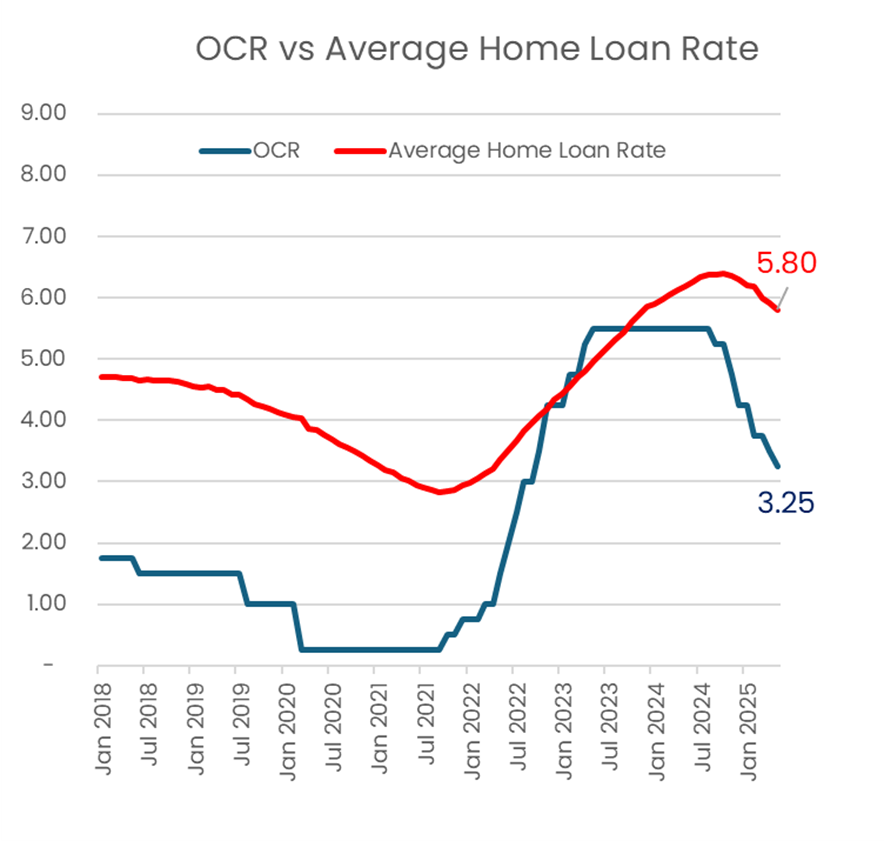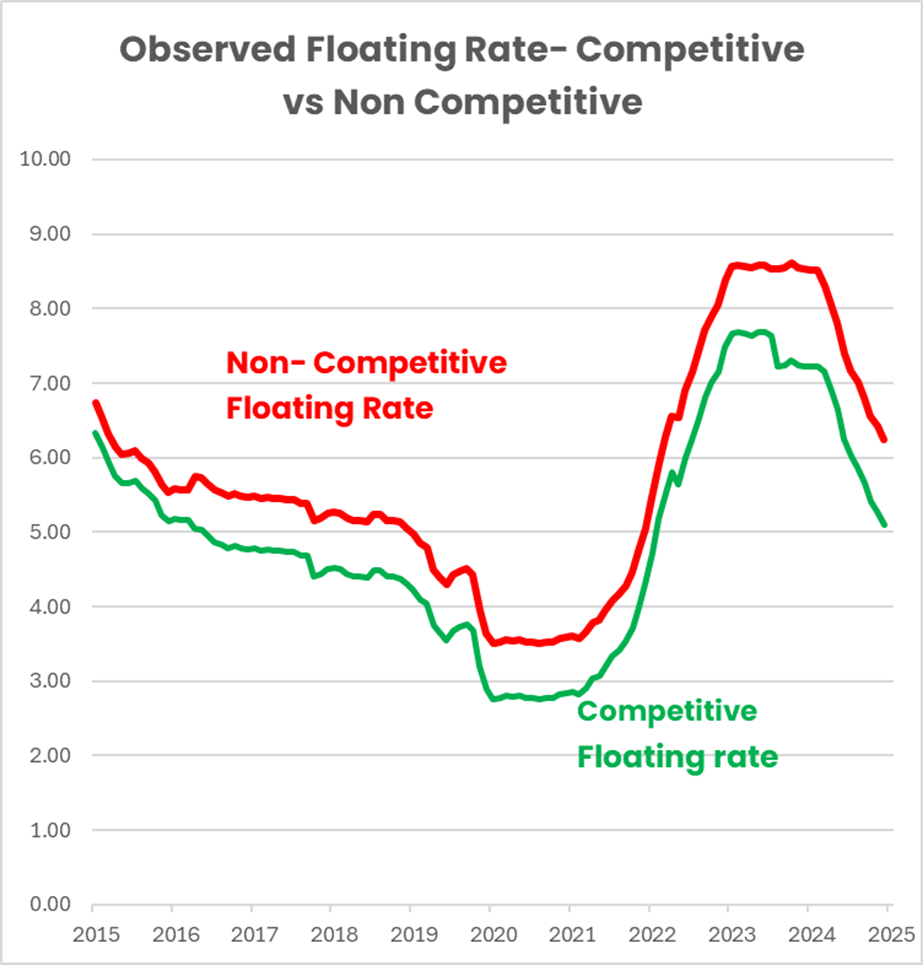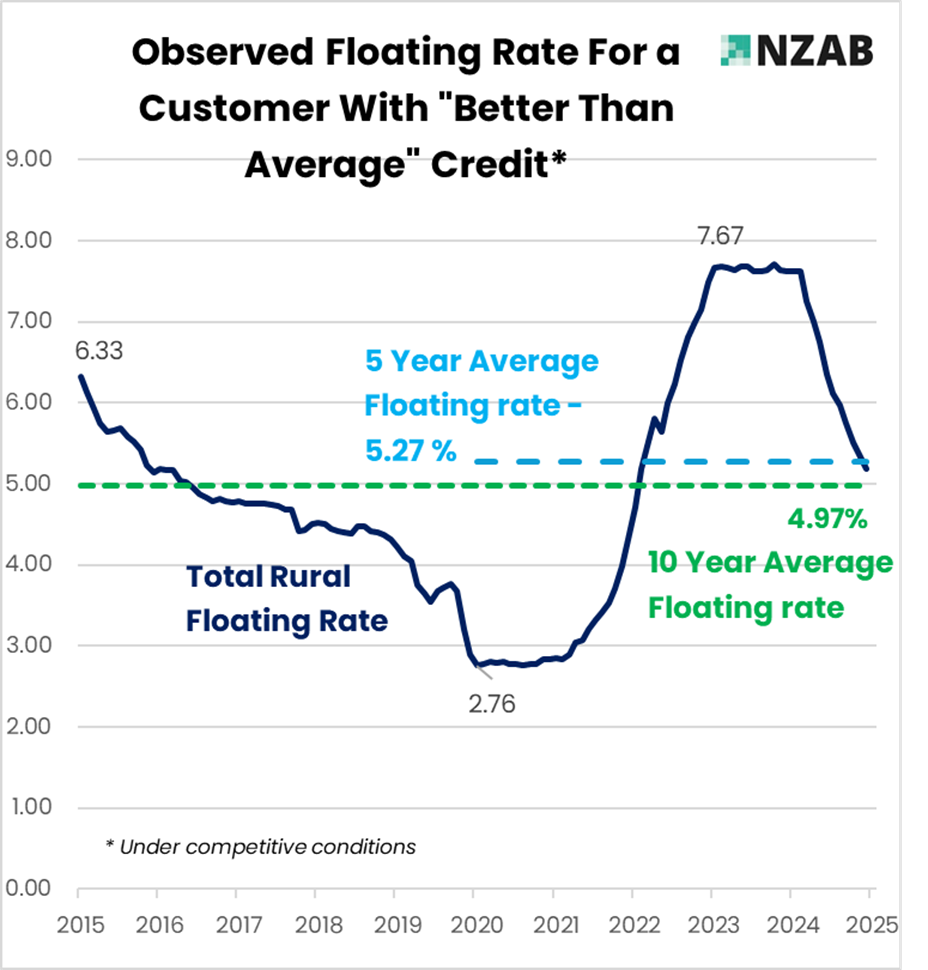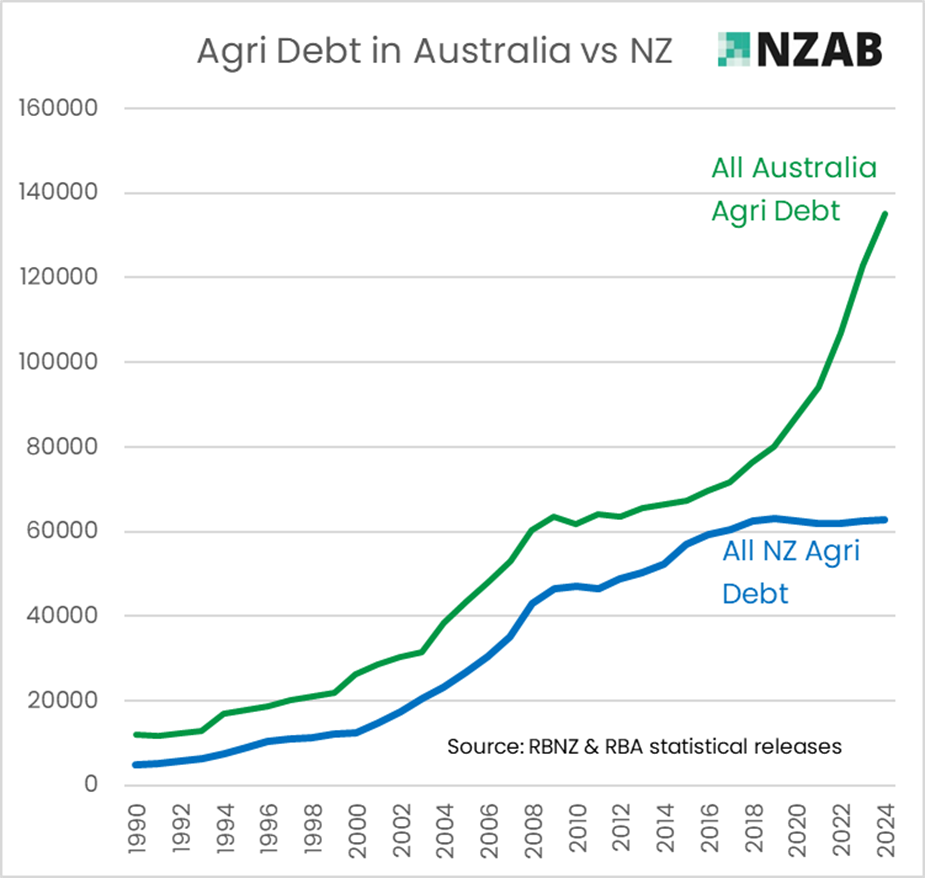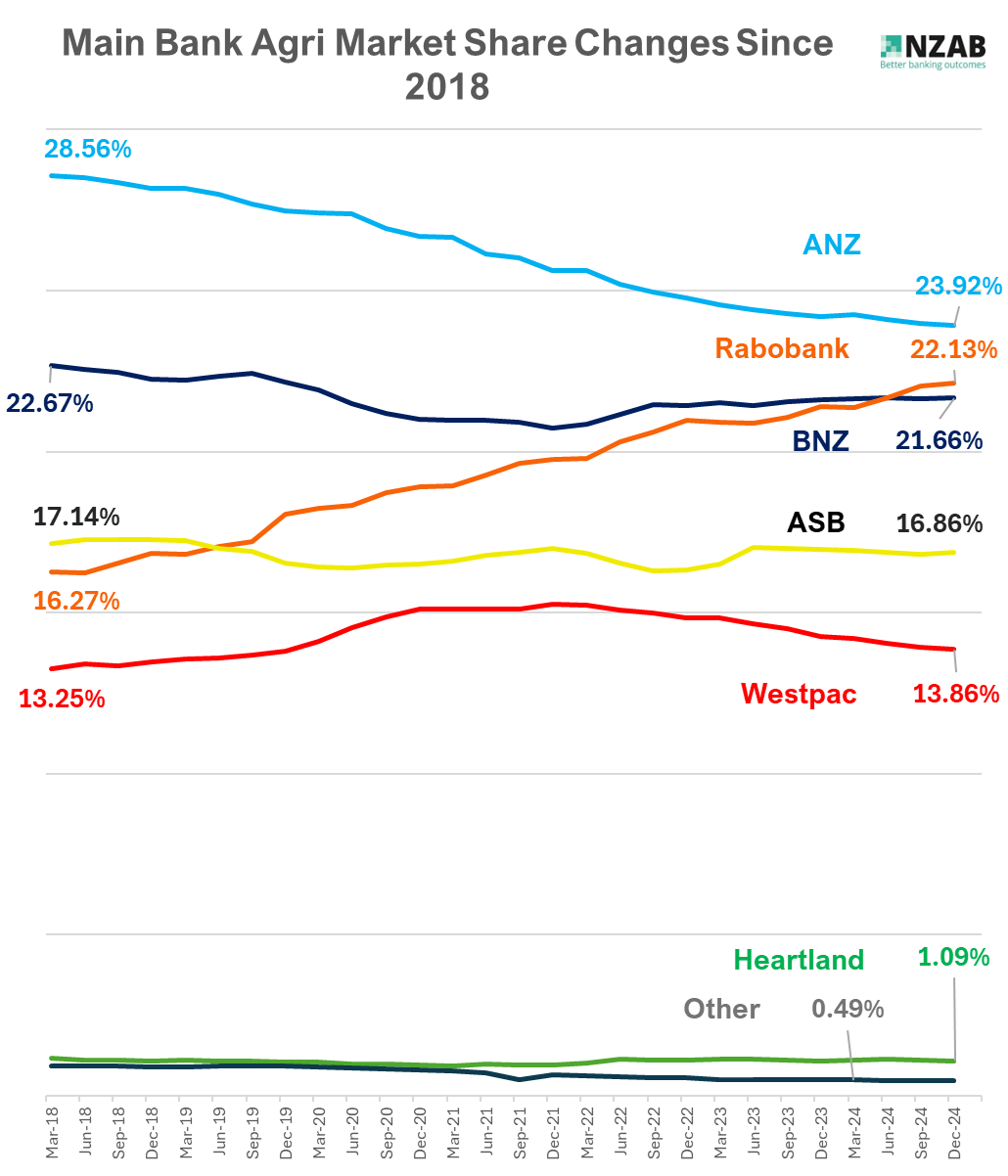
Information only disclaimer. The information and commentary in this email are provided for general information purposes only. We recommend the recipients seek financial advice about their circumstances from their adviser before making any financial or investment decision or taking any action.
Succession is back in the headlines—and this time it's louder than ever. As Rabobank NZ CEO Todd Charteris emphasised recently, “succession is not a moment in time – it’s a process that takes years of planning, conversation and adaptation”.
Meanwhile, Agri Undergraduate Georgia Checkley – writing an opinion piece in the Farmers Weekly from the perspective of a young farmer rightly warns that “without clear succession plans nationwide we look to see a decline in productivity across the agriculture sector”
The data reveals the urgency: 23% of families have a well thought out succession plan for the farm, 17% have spoken of the topic and 50% of families have not even mentioned succession.
With over $150 billion in farm assets set to transfer in the coming decade, the stakes couldn’t be higher.
Too often, succession is framed as a single event or a handover moment. In reality, it’s a strategic process that starts years in advance.
We wrote this article “If You’re Thinking About Succession, Start by Redefining It” – a few years ago as a framework for how NZAB helps their farmers in this space, and it's become even more relevant today - so please make some time to read it.
We see succession not as a single transaction, but a multi-year journey which starts with creating a strong business in the first instance. The article reshapes the narrative around four vital shifts:
1. Redefine succession as building a great business
Succession isn't just about dividing assets—it's about building a high-performing, value-driven business that the next generation wants to be part of. A great business naturally attracts family engagement, capital, and talent. Start here, not with spreadsheets.
2. Purpose, vision, and strategy comes first
Successful intergenerational farms start with a clear “why,” a compelling vision, and a simple, focused strategy. This clarity unites the family, aligns decisions, and gives everyone from shareholders to staff a reason to buy-in.
3. Set the business up to perform, then structure it around this
Strong operating performance, clear roles, and a future-facing organisational structure makes a farm business investable and sustainable. Succession planning should grow from this foundation not the other way around.
4. Get independent help and make it continuous
This isn’t a one-off event, it’s an evolving strategic process that needs independent facilitation. Bring in outside expertise, embed succession into regular governance, and treat it as a standing agenda item and not a retirement trigger.
After you’ve read the article, drop us a line for a no obligation chat. Feel free to call one of our local team members in Southland, Canterbury, Manawatu, Taranaki or Waikato (or flick us a quick email here)
NZAB helps farming families build businesses worth succeeding into. We combine financial insight, strategy, and governance experience to support multi-generational transitions that work. If you're thinking about succession, let’s talk about making your farm business one the next generation wants to run—not just inherit.



